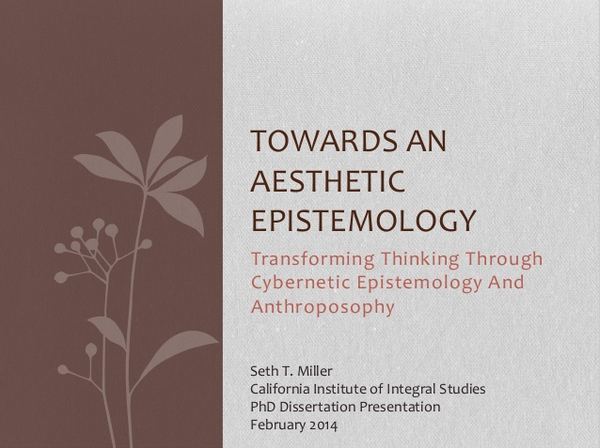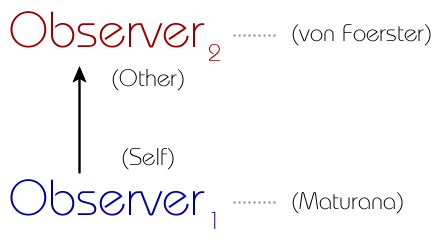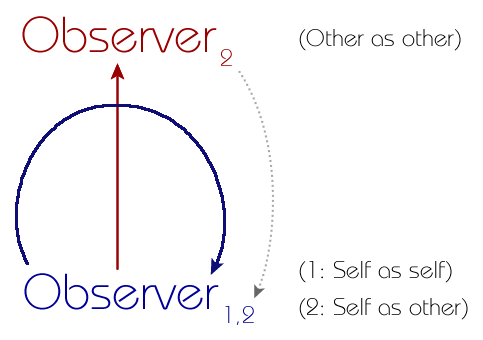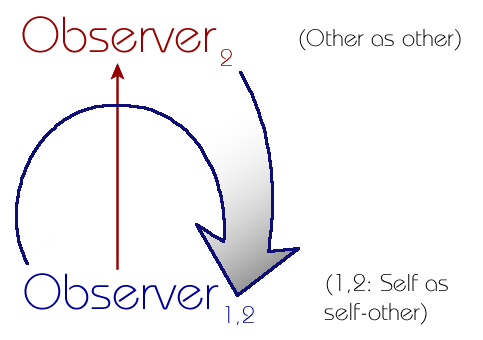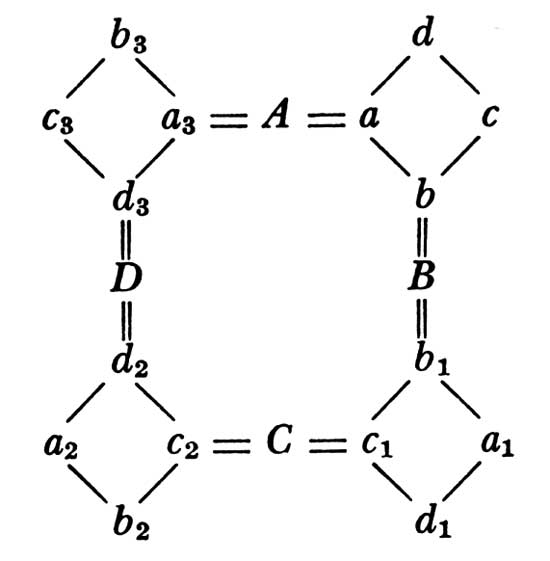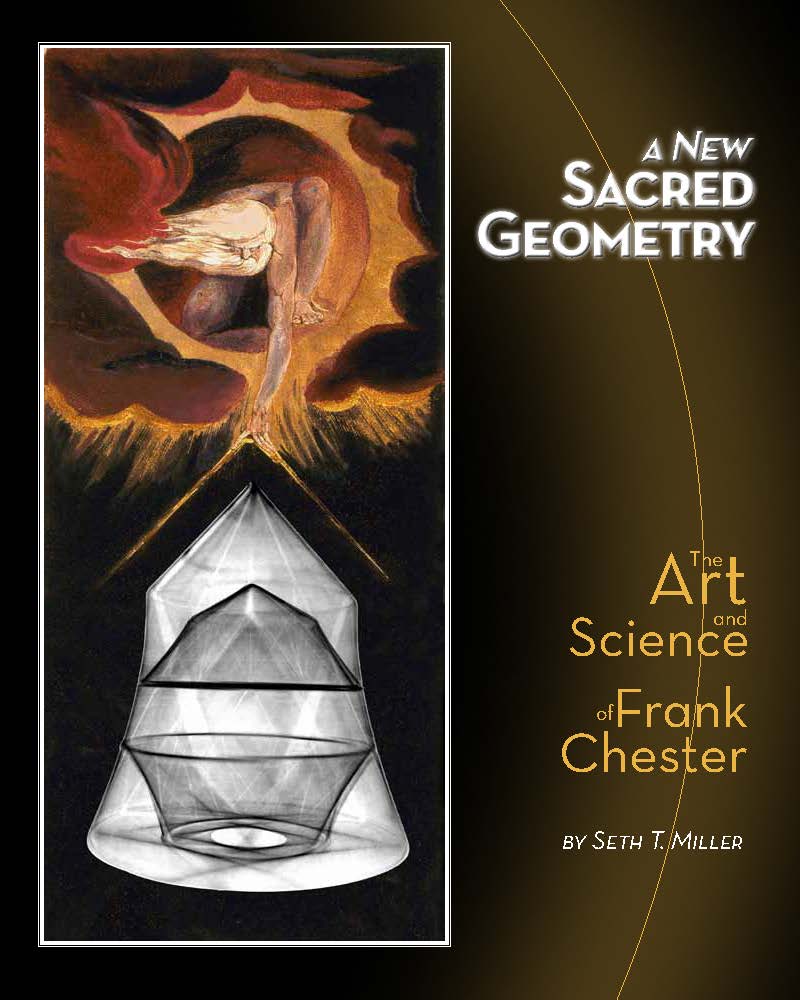Feb
20
2019
Spring, by Liam Brazier
I realize I have been long absent from new postings here. Suffice it to say: life, kids, job, etc. etc. have intervened.
Nevertheless, I thought I should at least post a link to my actual completed dissertation, available for free (they make us writers pay so you don't have to!), at:
https://www.proquest.com/docview/1540842461/8E1516075F984B5EPQ/1
Good...
Feb
13
2014
In February 2014 I successfully defended my PhD dissertation, titled "Toward an Aesthetic Epistemology: Transforming Thinking through Cybernetic Epistemology and Anthroposophy."
The following is the abstract and a slideshow presentation that pulls out the crux of my arguments.
Abstract
The complexity, subtlety, interlinking, and scale of many problems faced individually and collectively in today’s rapidly changing world...
Aug
06
2013
Let’s get right to it, shall we?
With respect to ontology, let us say that there is no “it,” no independent reality that is exclusive of the observer. This is a basic insight from second-order cybernetics: the observer must always be included in the observed. Despite this, of course, we do have much talk and...
Jun
24
2012
Gregory Bateson (1991) famously said that we “cannot claim to have no epistemology. Those who so claim have nothing but a bad epistemology” (p. 178). Bateson is calling for self-reflection in our epistemology. He wants it to be recursive, so that in our production of knowledge we do not delude ourselves into thinking that...
Apr
15
2012
All epistemologies are observer-dependent; i.e. there is no single epistemology that applies to all possible observers, because every observer is unique in some way. The necessary inclusion of the observer in any description of the world is a deeply obvious and yet profound principle. It was neatly expressed in Heinz von Foerster’s article Cybernetics...
Jan
21
2012
Abstract
This essay outlines connections between the Elemental Cycle as an archetype of transformation, transdisciplinarity, and cybernetics. A number of questions are addressed: the nature and importance of connecting these fields, an examination of resources and the dominant disciplinary discourses for the associated fields, and a critical examination of my assumptions, beliefs, and position.
Introduction
How often...
Jul
23
2011
There is a necessary recursion at the very heart of epistemology. Epistemology can never be founded upon a principle of linearity, where thinking traces its origin to something that lies before thinking, and somehow emerges or grows out of it, because the very existence of this "before", whatever its nature, must always be assumed...
Apr
18
2011
Every moment of transformation enacts an epistemology. Part of what it means to be human is to have the potential to awaken to this fact, and more: to recognize that the recognition of the inescapable relation between action and epistemology leads to the unfolding of a life-long quest and question: how do I know?...



